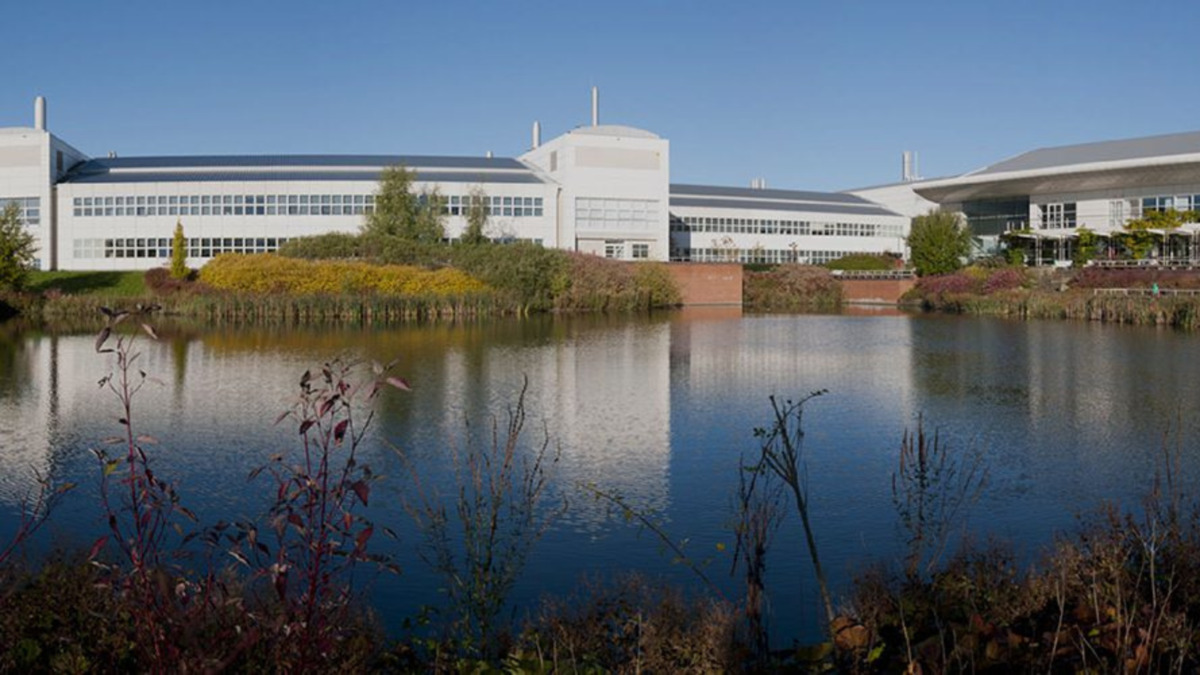A chance encounter on a train led to the regional crops board being invited for a tour and presentations from scientists at Fera, the national agri-food innovation campus located a few miles from York.
Following a discussion between Andrew Swift, Fera CEO, and former NFU regional director Adam Bedford about applied science and bridging the gap between research and practical on-farm application, crops board members found themselves in the Fera conference centre listening to Andrew introduce their work, strategy and purpose, followed by a snapshot of just some of the research being carried out by more than 450 scientists spanning plant and bee health, crop protection, sustainable agriculture, food and feed quality and chemical safety in the environment.
A different approach to measuring natural capital
The day was tailored to the farming audience, and given the recent announcements on ELMS, it was very interesting to see head of plant science Glyn Jones demonstrate Fera’s LAND360 service – which offers a different approach to measuring and monitoring natural capital.
It sees ecologists go on-site to assess biodiversity and measure hedgerows and trees to establish a picture of the quality of the habitats that exist. The remote sensing team then looks at different aspects of the landscape in terms of canopy cover, species and linear features. This is followed up by social scientists, who consider the objectives of the landowner and how they can interact with the incentive mechanisms in place to achieve environmental goals.
"It was obvious that a huge amount of research is being done, driven by global issues such as the need to deliver food security while feeding a growing population as sustainably as possible."
Glyn used a recent case study where more than 100 farmers and land managers across the North York Moors are working with Fera and partners to protect and enhance natural capital within the National Park. The landscape was mapped into different habitat areas, documenting the various types of natural capital present. Each ‘habitat parcel’ was subsequently given a score based on carbon storage capacity and biodiversity value – a vital starting point for exploring natural capital income opportunities and giving farmers an accurate picture of the natural assets on their farms.
Fascinating research into insect potential
The first stop on the site tour was the plant clinic (pest and disease diagnostic service) to see some of the pests and diseases that have been found on international shipments. Then a visit to the insect research facilities focused on how we can repurpose surplus food, avoid greenhouse gases generated by landfill and potentially reduce deforestation. As insects can eat a wide range of organic materials, they are perfect for dealing with everything from discarded food to agricultural waste – redistributing surplus food waste into animal feed and other high-value products via insect bio-conversion.
Further research is exploring how to obtain high-value products, such as protein for animal feeds, from insects reared on organic waste. With some poultry producers on the board, they were interested to hear about novel sources of protein and when this might be a reality.
Biopesticides offer sustainable alternative
Fera principal scientist, Dr Aoife Dillon, was our host for the day and finished up sharing her expertise on biopesticides and biostimulants. Biopesticides – naturally occurring substances and micro-organisms – offer safe and sustainable tools to help tackle pests and diseases. With the range of pesticides reducing and pest pressures increasing on the back of climate change, biopesticides have the potential to help farmers deal with these challenges and reduce pesticide use.
It was obvious that a huge amount of research is being done, driven by global issues such as the need to deliver food security while feeding a growing population as sustainably as possible.
